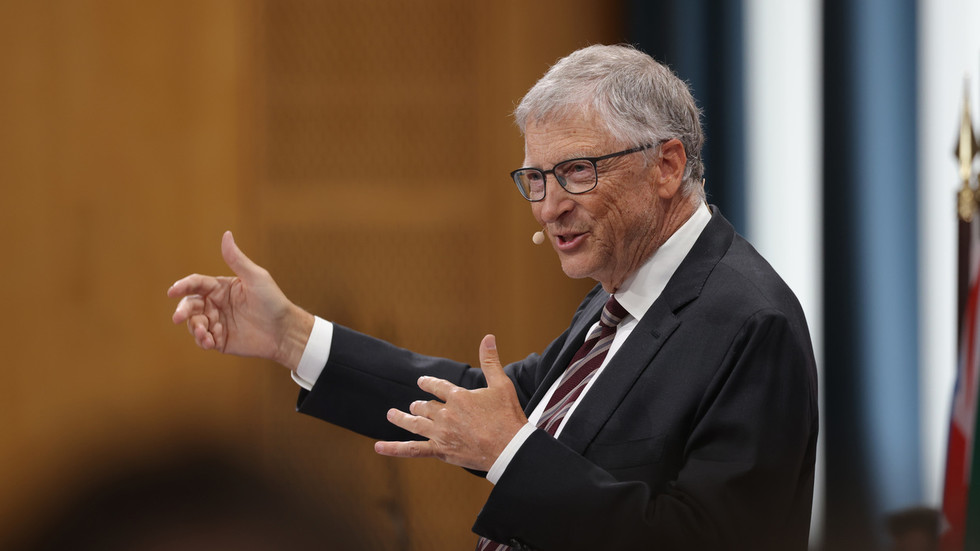The Supreme Court did not give TikTok a last minute stay of execution.
If the popular social media site is going to continue to operate in the US, it will have to be politicians or businessmen, not judges, who save it.
And the politicians – pressed to balance national concerns about China with TikTok's massive American user base - are taking note. This includes the incoming president, who is both a politician and a businessman.
Shortly after the top court's ruling, President-elect Donald Trump posted on Truth Social saying he would review the situation, but everyone must respect the Supreme Court decision.
"My decision on TikTok will be made in the not too distant future, but I must have time to review the situation. Stay tuned!," he said.
Trump's legal team already had weighed in during the Supreme Court's consideration of this case, asking the justices to delay a decision to give him time to find a solution.
"President Trump alone possesses the consummate dealmaking expertise, the electoral mandate, and the political will to negotiate a resolution to save the platform," the brief read.
They didn't get their wish, but several of Trump's aides have since floated the possibility of a presidential executive order on Monday afternoon delaying implementation of the ban. Trump also spoke to Chinese President Xi Jinping, and the topic of TikTok came up.
Trump is stocking his foreign policy team with China hawks like Marco Rubio and Michael Waltz – who represent a popular view on the right that the Chinese communists are more than an economic rival, they are a geopolitical adversary.
But Trump also spent the past year campaigning for the support of social media influencers – and their youthful followers - many of whom are TikTok devotees.
If the incoming president can ultimately find a way to satisfy national security concerns while keeping TikTok up and running in the US, it would provide him with an opportunity to post an early political win in his second term and be celebrated by TikTok's loyal users.
The Biden administration, for its part, seemed happy to drop the TikTok situation into the incoming president's lap.
It was quick to issue a statement responding to the court's decision, emphasising that the goal of the law is not to ban TikTok, but to force its sale to American ownership. As had been predicted, however, the outgoing Democratic president punted enforcement of the ban to Donald Trump, who will become president at noon on Monday.
The Supreme Court, in its unsigned opinion with no dissents, avoided weighing in on these kind of political calculations. The justices sided with a lower court that upheld the constitutionality of the law that could ban the popular social media service if it is not sold by midnight on Sunday.
While the court's opinion is narrow – the justices acknowledge the time pressure they were under to issue this decision – it firmly establishes that the constitutional protections of free speech contained in the First Amendment to the US Constitution do not save TikTok.
In fact, the justices found that the TikTok ban, which Congress justified on the basis of protecting national security by preventing an adversary from collecting troves of data on tens of millions of American users, had a lower bar to clear than laws that directly regulate speech content.
The court sidestepped other tricky issues – such as whether concerns about Chinese influence on TikTok's algorithm justified a ban. But expect that to come up in future policy debates in Congress.
With the court's decision, TikTok has exhausted its last legal recourse to avoid the ban from going into effect. For Trump, however, the TikTok ban is his first presidential crisis – but also his first political opportunity.

 10 hours ago
4
10 hours ago
4









